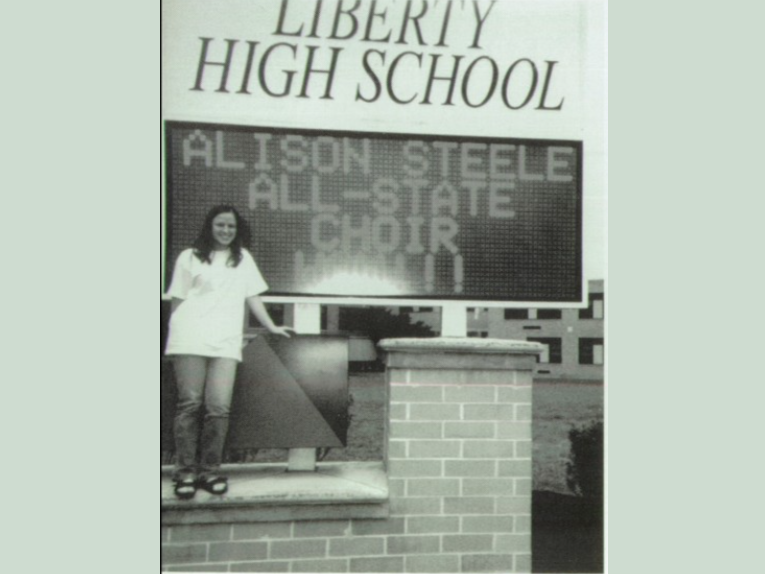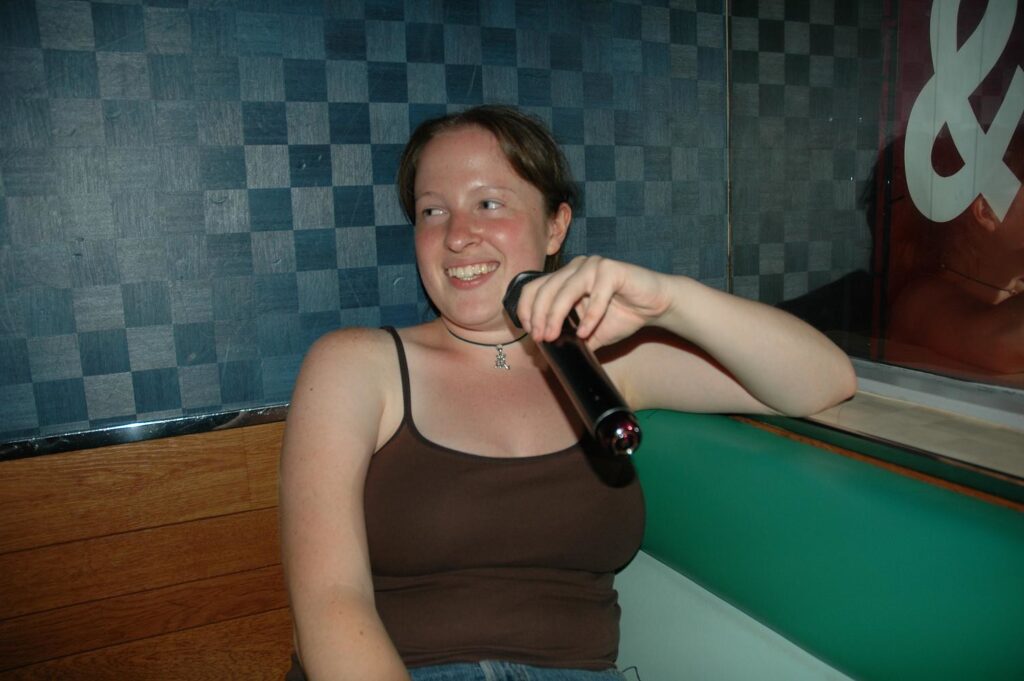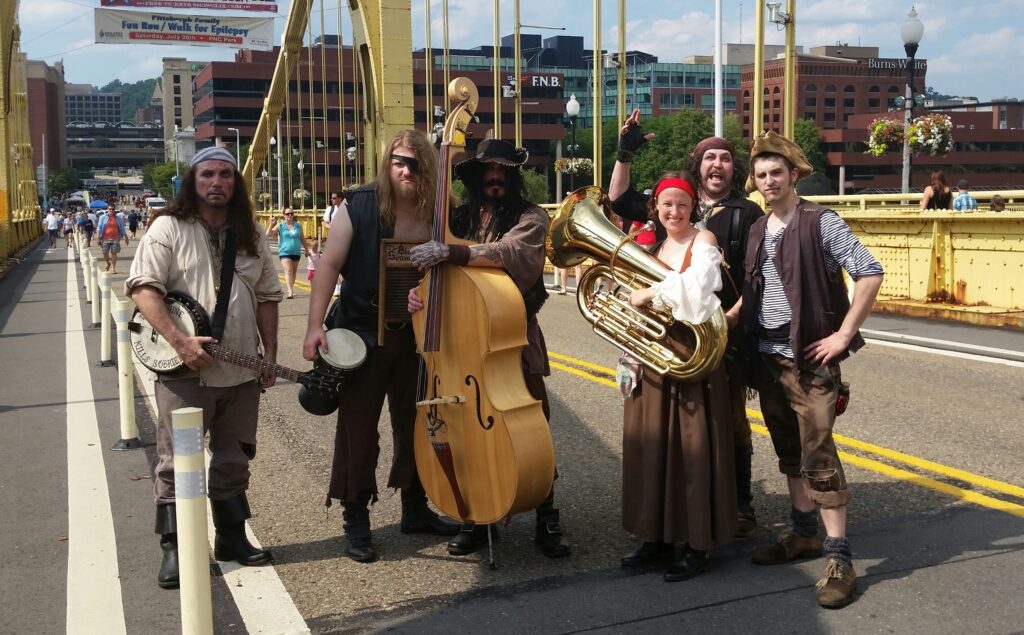Part 1 – It’s Complicated
One topic I’ve returned to pretty regularly on this blog is mental health – in part because it’s such a crucial and under-addressed topic in our society, but also because healthy behaviors are so elusive in my own life. In just the last year and a half, I’ve written posts on the mindful, post-vaccine reintegration of pre-pandemic activities;[1] protecting unstructured, guilt-free downtime;[2] and ensuring time for both meditation [3] and play.[4] It feels as though I’ve made it successfully through the first step of recognizing that my typical pace and expectations of what can be accomplished in a given amount of time are at the very least ambitious (if not unhealthy), but I also recognize that I still need some occasional practice in figuring out how to pare down.
Part of the problem, as I’ve noted before, is that I can easily form an interest in most things I encounter – that’s why I’ve had so many hobbies throughout my life and never enough time to do them all. The thing I’ve struggled with when it comes to hobbies is striking an effective balance that holds time for what I love but also provides enough flexibility for me to enjoy it. And I know I’m not alone there – any kid who has piano lessons on Mondays, martial arts on Tuesdays, ballet on Wednesdays, etc. (as I did) understands this pattern. I still build structures around the things that I love so I have time for them (writing, brewing, gardening, running), but within a rigid framework, they become obligations, and instead of loving them, they eventually become just one more thing to check off the list when I’m already tired.

Photo credit: Vivien Steele
Under Pressure
Nowhere has this “it’s complicated” relationship been more apparent in my life than with music. I am not a particularly religious person, but music has served as a powerful spiritual outlet for me for as long as I can remember having my own feelings about spirituality. Whether listening to it or performing it, I have often felt a connection to something greater than myself, something greater than the sum of the musicians, and – on occasion – something otherworldly, for lack of an adequate description. Music can be incredibly powerful and transformational, but it can also just be fun – it can be a way to connect with others and build community, to play. It doesn’t have to be super serious, but that’s of course what some of us make it.
If you want to talk about smothering love for something, you need look no further than the pressure some kids are made to feel about excelling at a certain musical instrument. That pressure can come from their parents, from their music teachers, or even from themselves as they strive so hard to be good at something that they conflate a learned skill with their inherent worth as a human being. (Of course, I would know nothing about that!) Several high-achieving friends of mine and I navigated some rough waters in that same rickety boat in high school, and our love of music suffered for it.

Photo credit: Brian Adler
Although I’ve dabbled with many different instruments over the years, my “real” area of study was voice, and every time I auditioned for a choir festival in my teens, the pressure ratcheted up and everyone watched to see if I could get to the next level, to see if I could be the first person from our high school to go all the way to state choir since our principal went in 1965. I did ultimately make it to states my senior year, but in retrospect it sometimes feels like a pyrrhic victory, since I largely sacrificed joy for achievement in the process. Singing the national anthem at high school graduation was the last time I sang in public (without the aid of copious amounts of alcohol) for almost a decade.
All About That Bass
As a counterbalance to singing and the expectation of polished, pitch-perfect vocal performance every time I opened my mouth, I also had the tuba. Now, I absolutely put pressure on myself there (and ultimately sat first chair in a section of 18 after only three years of studying the instrument), but there was also comparatively less pressure to be good – I had an “out” because I was still new and no one expected me to be perfect. I’m aware the power of nostalgia is hard at work here masking plenty of pressure and drama in that short period of time: I was first chair in the band and also in a smaller auditioned group and a brass quintet; I was also in the band leadership, and every aspect of that role was saturated with teenage drama and politics. In short, I was very ready to leave band by the time graduation rolled around, but the fact remains that I spent my college years in the wind ensemble, not the choir.

Photo credit: random stranger
In a lot of ways, high school band was harder for me than choir, but despite the pressure to improve my proficiency on the instrument, the interpersonal friction as I took a leadership position over friends, and a certain level of disillusionment after peeking behind the curtain and learning that adults in charge really don’t have any idea what they’re doing either, I really was able to retain my love for the tuba in a way I couldn’t with singing. I felt like once I was labeled a “good” singer, I couldn’t just enjoy singing anymore without the expectation of perfection. Meanwhile, the tuba is such an inherently playful instrument that it’s almost difficult to take yourself too seriously – even professional players generally aren’t above lampooning themselves and the stereotypical “oompah” role to which the instrument is relegated.
Recent events have also led me to wonder if the tuba attracts a more playful type of person, or if the tuba brings out a much-needed playful side in the people who pick it up. With high school now two decades in the rear-view mirror, I found myself at a reunion this fall. And it was at that reunion that I relived a lot of fond memories with fellow bandos, including fellow members of the sousaphone section. (For those of you who did not spend years of your life in band, a sousaphone is essentially the same instrument as a tuba but shaped differently so you can wear it while marching.) And despite the role I had as section leader that in many ways separated me from the rest of the group, we did spend a lot of our time together in band just being silly, and reliving those memories was a balm for me.
~
It was this really heartwarming and healing trip down memory lane with band friends from high school that encouraged me to take an opportunity to bring music back into my life, albeit briefly, this Christmas season.
We’ll pick up there next week, but in the meantime I’d love to hear about your relationship with music, especially if you’re a performer.
Thanks for reading!
[1] https://radicalmoderate.online/414-days-of-solitude/
[2] https://radicalmoderate.online/the-importance-of-down-time-part-2/
[3] https://radicalmoderate.online/sharpening-the-saw-part-2/
[4] https://radicalmoderate.online/sharpening-the-saw-part-3/
0 Comments